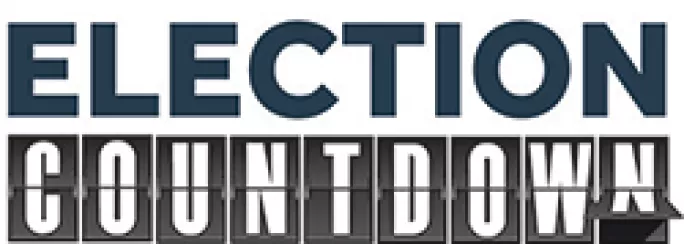I confess, I had never heard of Ariana Grande until the tragic events in
Manchester a fortnight ago. Now I have sat through and enjoyed a whole concert by her and other musicians not on my usual playlist.
Two things particularly struck me about the One Love concert in Manchester. First, the choir from Parrs Wood High School and its young soloist, 12-year-old Natasha Seth, performing in front of 60,000 people and many millions watching across the world. This was a great advertisement for school music and must have caused many to reflect on how much has been lost from our education through the cuts to music services that have decimated local youth orchestras and individual tuition for many years.
My second thought was the exceptional leadership shown by Ariana Grande in leading her team to put on this concert at such short notice. At the age of 23, she has already demonstrated the sort of leadership qualities - of clear vision and steely determination, but also of empathy and love - that we want to see in our political leaders.
General elections provide the opportunity for politicians to demonstrate their leadership qualities and clarify their priorities. It is 20 years since education was a big election issue and played a significant part in a general election. In 1997, a majority of teachers and many parents considered that schools had had a bad deal under the Conservative governments of Margaret Thatcher and John Major, with school funding gradually being reduced and many school buildings in a bad state.
As important as funding in the public mind was the way in which the government appeared not to value the work of state schools. The underlying message of the assisted places scheme - which gave bright, poor children (although not all children given assisted places were poor) free places at fee-paying independent schools - was the calumny that state schools did not provide a good education for academically able children.
The assisted places policy had been put in place in 1980 by Mark Carlisle, a secretary of state for education who had been surprised to be appointed to the post. (“Neither I nor my family had any experience of state education”, he said later.)
As well as Tony Blair’s top three priorities famously being “education, education and education”, the Liberal Democrats promised in their 1997 manifesto to put a penny on income tax to increase the schools’ budget.
Roll forward 20 years and the Lib Dems are again promising 1p on income tax, but this time to be spent on health and social care.
‘Education is a key issue’
None of the party manifestoes in the 2017 general election provide an inspiring vision for the future of schools in the way that Blair managed to put forward in 1997. There are important dividing lines, however, on funding and on secondary school selection. The publicity given to these two issues in recent months means that education is back at the top of the election agenda, with 43 per cent of parents saying that education will be a key issue for them, according to a YouGov poll. Only Brexit and health are thought to be more important, although, after recent events in Manchester and London, security will surely also dominate the final days of the campaign.
According to the poll, 83 per cent of those who considered education to be a key issue are likely to vote in their constituency for a candidate who wants to tackle school funding and education issues. The proposed introduction of selection - and thus many more secondary modern schools - should also be in people’s minds.
Wider policies in the public realm materially affect schools, too. Any reduction in mental health services makes the job of teachers harder, and cuts in welfare payments mean that more pupils need the level of support from the school currently given to those eligible for the pupil premium.
Music in schools is another reason to consider funding levels as we go to the ballot box.
A lot is at stake for the education service on Thursday, so parents and grandparents, as well as teachers, should think about the needs of children and their education as they cast their vote.
John Dunford is chair of Whole Education, a former secondary head, general secretary of the Association of School and College Leaders and national pupil-premium champion. His book, The School Leadership Journey, was published in November 2016. He tweets as @johndunford
For more Tes columns by John, visit his back-catalogue.
For all the latest news, views and analysis in the run-up to polling day, visit our general election 2017 hub.
Want to keep up with the latest education news and opinion? Follow Tes on Twitter and like Tes on Facebook.





